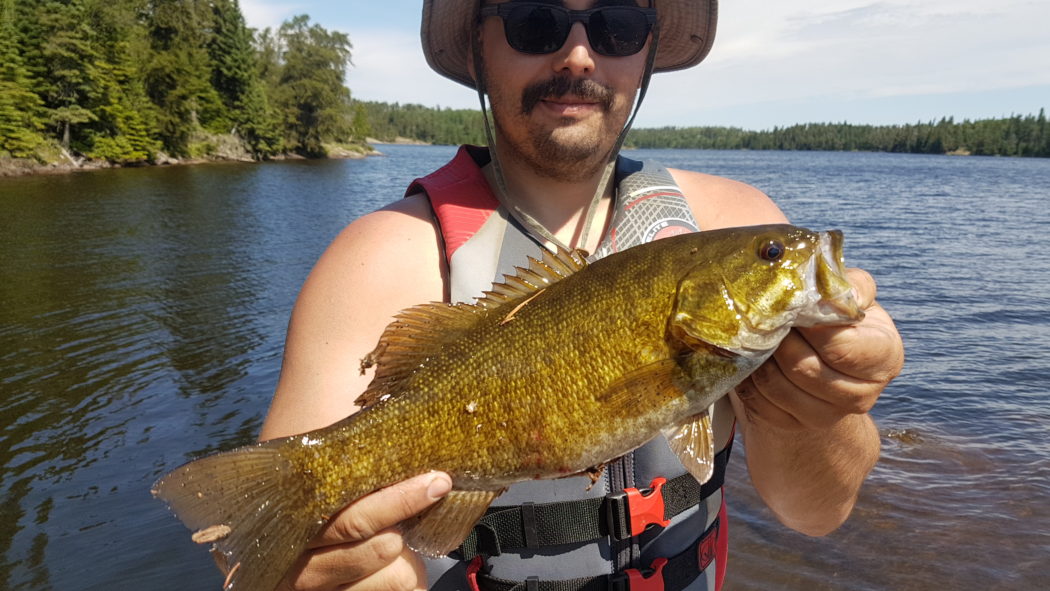Spring has arrived, which means I’ve been spending as much time as possible in remote areas, camping and back country fishing. Remote lakes certainly have their perks, among them low angling pressure and healthy fish populations. Indeed, if you plan it out properly, it can sometimes feel like cheating.
Back country fishing also has it’s own set of challenges, however, like anything else. With a little understanding of what those challenges are, you can more easily overcome them and quickly start catching fish on whichever remote lake you camp on.

Back Country Fishing and Camping are Different Activities
Back country Fishing and back country camping often go hand in hand, however they are not quite the same. Your supply list can vary by quite a lot depending on which activity is your main focus. Someone focused on camping might bring items such as binoculars, card games, or musical instruments which would be rather useless to someone spending all their time on the water.
This is not to say that one should not bring some entertainment for camp, however when it comes time to decide between leaving the bird watching book or the fish finder at home, you know which one the fisherman is choosing. Space is at a premium on any trip into the back country, and priorities change depending on your focus. So with that in mind, let’s look at three space saving tips for your next back country fishing trip.

1. Know the Target
With space at a premium, you don’t want to be hauling in anything that you won’t use. Do a little research ahead of time so that you know what species of fish will be found on your route. If you are crossing multiple lakes or rivers, decide whether you will be fishing along the way or only at the final destination. Back country fishing routes often offer many opportunities to drop a line in along the way.
While exploring the SE region of Manitoba, for example, it’s a safe bet that you will find pike, walleye, and smallmouth Bass in most of the Canadian Shield lakes. You would not be well served bringing your musky rod. Nor will you likely find any trout aside from the rare area that has lakers. Likewise, if you are heading south or west along the Red or Assiniboine rivers or any of their tributaries, you can bet your bottom dollar there are catfish around. Taking only the appropriate gear for the fish you will actually encounter is the first step to saving on space for your trip.

2. Back Country Fishing Means Staying Flexible
Don’t get too specific with your rods and tackle. At first glance, this may seem at odds with the first point, however I’m not saying to bring a musky rod “just in case”. What I am saying is that if your destination has, for example, the Canadian Shield trifecta of pike, walleye and smallies you should try and bring mostly lures that work for all three. Don’t get hung up on trying to bring lures to target each one specifically.
Spoons are a great example of a lure that works for most types of fish, and will let you easily transition from pike fishing to bass fishing simply by changing where you throw it. Having a good assortment of “do it all” baits that target multiple species is a great way to save space. Try to be ‘specifically versatile’ when back country fishing for best success.

3. Trust your Tried and True
Heading into the remote wilderness is not generally the time to be testing out new lures. When space is minimal, and you are trying to catch dinner, you want to have confidence in the baits you are throwing. To this end, it’s a good idea to limit the amount of unfamiliar or unproven lures you pack.
Instead, choose a few battle tested lures for the target species you will encounter. In the case of new lures (let’s face it, a back country fishing trip is a great excuse to buy new baits), aim to bring some of the tried and true classics. Len Thompson five of diamonds spoons, Mister Twister curly tail grubs, and Mepps spinners are extremely well known for a reason. Choose the lures you know will catch something, and save most of the experimentation for the days where you can bring your whole tackle bag.

Want more back country fishing adventures, tips, trip reports, and other content? Be sure to check out the True North Wilds YouTube channel for all sorts of outdoor adventures.






No Comments